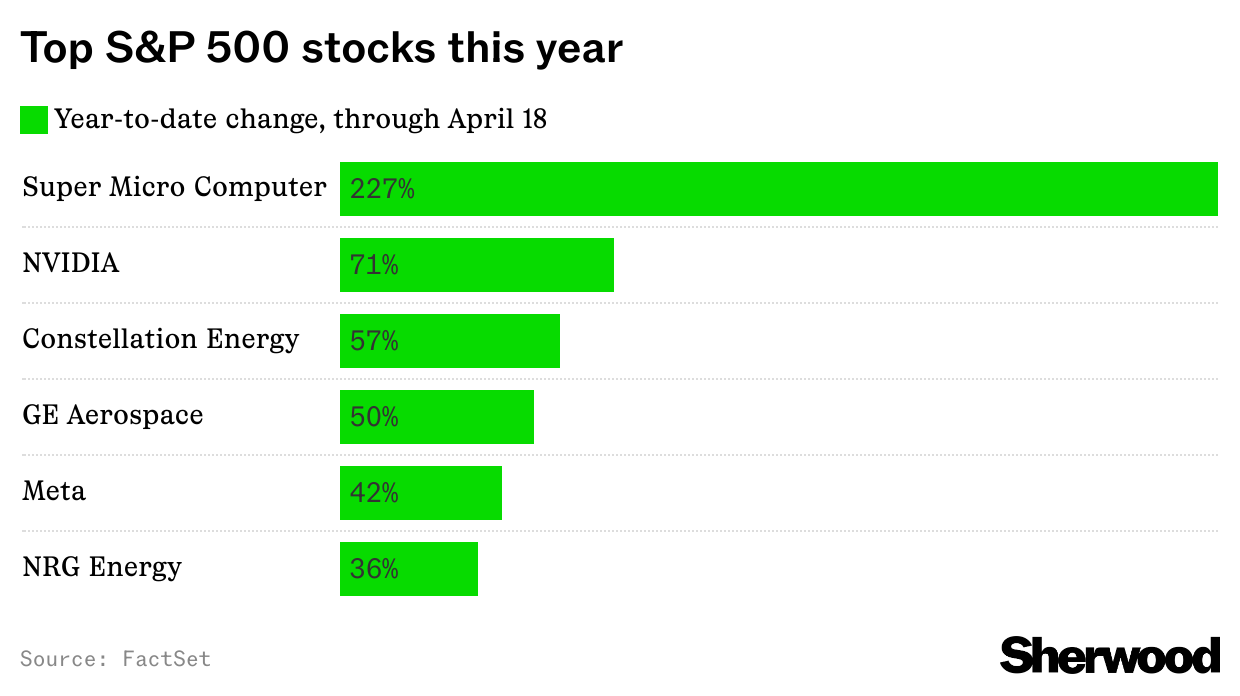Hey Snackers,
Halloween is over, and Election Eve is here. What's even spookier: less than half of the world's population lives in a democracy of some sort, so exercise those rights if you can.
Markets took a big plunge last week. All three major stock indexes (the S&P 500, the Nasdaq, and the Dow) lost over 5.5% for their worst week since March. Blame it on election uncertainty and surging COVID-19 cases.
On our 15-minute pod: We're giving our take on how a Biden or Trump win could impact stocks in sectors like oil & gas, cannabis, and healthcare.
Ad-iction
Ad-pocalypse (not) Now: Facebook, Google, and Twitter rebound on more ads
Thank you for your ad-tention... Tech giant’s ad sales bounced back last quarter as things "normalized" (by 2020 standards). When lockdowns started, brands slashed spend because that Kylie Lip Kit ad is worthless when your biggest outing is taking out the trash (in a mask). This summer, brands slowed/paused spend in reaction to US civil unrest. But lately, they’ve unleashed an ad-avalanche:
- Google got its redemption. After its 1st-ever sales decline in the previous quarter, ad sales jumped 10% from last year to $37B. YouTube was the star, with ads up 32% (more skipping for us).
- Facebook: The ad boycott didn't dent sales, which popped 22% from last year to $21.4B.
- Twitter crushed expectations. Ad sales grew 15% to $808M.
Facebook's peanuts = Snap's dinner... Over 1K advertisers — including big shots like Verizon — paused ads on Facebook in July to protest hate speech and misinformation policies. But FB now has 10M active advertisers, up from 9M in July. While the boycott didn't hurt Zuck, it fed the smaller networks:
Always have a plan B... because plan A(d) is unpredictable. Uncertainty around the pandemic, the election, and intense Congressional scrutiny means spend could be unreliable. So ad Goliaths are looking to other $$ sources: Facebook will start charging for WhatsApp Business. Twitter will begin testing other money-makers (possibly a paid subscription). And Google will have to do something since Apple's building its own search engine.
Highs
Who's up...
Darth Bezos rises... on Amazon's insane quarter. In three months, the Zon brought in $96.1B in sales, breaking its record high from the previous quarter as we 1-Click ordered rice cookers. Profit tripled from the same quarter last year to a ginormous $6.3B. But the stock fell because Amazon's weirdly expecting to rake in less profit during the holiday quarter than it did last quarter.
A gassy surprise... Shell was one of the few stocks to jump while the market plunged last week. The oil giant surprisingly decided to boost its dividend payout to shareholders, just 6 months after reducing it for the 1st time since WWII. Despite beating (low) expectations, Shell's quarterly earnings were just $955M, compared to $4.8B last year. That's still better than Chevron, Exxon, and BP, which each saw yet another quarter of losses as COVID continues to slam oil.
Lows
...and who's down
Doesn't taste ripe... Apple stock dropped on news that iPhone sales were down 20% last quarter. That's unappetizing to investors, since phones make up a huge slice of the Fruit's business: iPhones generated 52% of total sales last year, but just 41% last quarter. Macs, iPads, Wearables, and Services all saw double-digit growth — but Apple's overall sales were barely up from last year. We'll see if the new iPhone 12 helps in the next earnings (it wasn't on sale yet last quarter).
Why you always in a mood?... Spotify stock tanked 15% for the week after the Swedish streamer missed on Premium sales expectations and posted a loss. But Spotify outperformed on subscriber growth: monthly listeners jumped 29% to 320M, and Premium subscribers were up 27%. Mid-pandemic, your lack of a commute meant Spotify lost hours of pod streaming and aggressive song switching. Now, Spotify's in-car listening has rebounded and overall streaming has surpassed pre-pandemic levels.
What else we’re Snackin’
- Learn: Election uncertainty could lead to more market volatility. Here are a few things to keep in mind as an investor during turbulent times.
- Rise: How to wake up and not feel like going right back to bed (it's hard, but possible).
- Control: 4 science-backed ways to cope with election anxiety — doom-scrolling feeds doom-ruminating.
- Smile: Little things you can do to boost happiness hormones like serotonin and dopamine each day.
- Think: 5 simple questions to determine if you have high Emotional Intelligence.
- Work: Use the "Pomodoro Technique" to get work done effectively and avoid refreshing Insta every 5 minutes.
🍪 Thanks for Snacking with us! Want to start getting Snacks daily? Sign up here for our daily market newsletter.
This Week
- Monday: Earnings expected from PayPal, Clorox, and Estee Lauder
- Tuesday: The US Presidential Election. Earnings expected from Wayfair, Sysco, and Fox
- Wednesday: Earnings expected from Expedia
- Thursday: Weekly jobless claims. Earnings expected from Uber, General Motors, Zillow, and Match Group
- Friday: Earnings expected from CVS, Marriott, and Coty
Disclosure: Authors of this Snacks own shares of Twitter, Apple, Amazon, Google, and Snap
ID: 1394582
.png)

